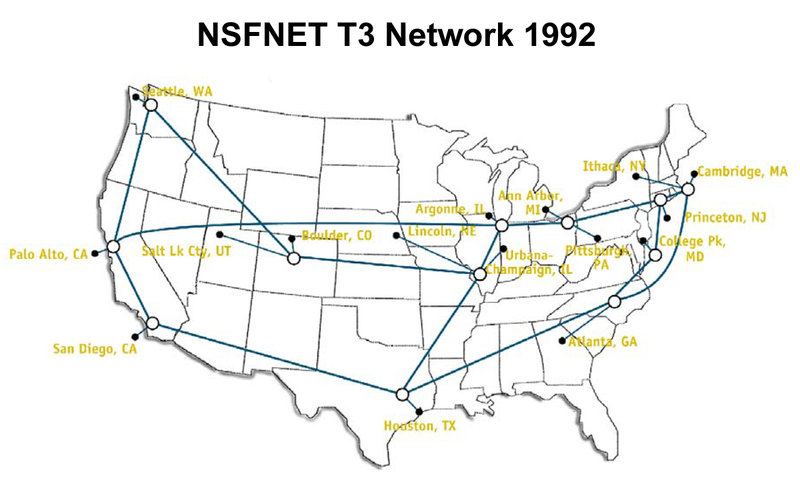Last week I wrote about karma. Some people think it’s bunk and others are all on board with it. I’m a baptized Anglican who gave religion an honest-to-goodness chance, more than once at different points in my life I might add, only to land on Atheism as the thing (or lack of a thing) that makes the most sense. At the same time, I am drawn to the notion of there being a balance to the Universe as well as some sort of Order of Things. Or maybe it’s simply my mind playing tricks and if I stare long enough at the randomness maybe patterns will appear?
Karmic principles can be boiled down to the most basic of concepts: Balance. Put good out, get good in return; put bad out, get bad in return. Finding (and explaining) the order among the chaos, however, can’t be reduced to anything as simple. At least I haven’t been able to do it, and on a few occasions I’ve tried.
Does everything happen for a reason?
That’s the big question, isn’t it? My brain tells me, “Nope. It’s all random shit. If it’s working out for you then it’s just dumb luck, and if it isn’t then deal with it,” but my gut tells me something else. Maybe it’s as simple as making as many good decisions as possible in an effort to obtain the best possible result. Then again, I’ve certainly made my fair share of bad decisions and things have come up roses more often than not so maybe it doesn’t matter.
What does it all mean?
Ugh, these conversations annoy me. I don’t know. I’m fairly convinced it doesn’t mean anything; it just is, and when it’s done there is nothing. But then stuff like this happens:
Back in 2013 I was gearing up to participate in NaNoWriMo and decided that I would start a Facebook support group for the month long event. I had been a member of one such group a year earlier and it was a big success. Having befriended many writers on Twitter and Facebook I felt that there would be good uptake, and there was. A good sixty or seventy people joined and many of us went on to make our 50,000-word goals.
When NaNo finished I kept getting asked if I would keep the group alive as a writers’ group. It seemed like a great idea so we conducted a poll and “Writers Without Borders” was formed. The group became private shortly thereafter (too many non-participants and riff-raff selling stuff) and now members add friends and acquaintances as they feel is appropriate.
Leap ahead (from then, but about a month before now) and a friend of a friend of mine makes a comment about Chuck Wendig. I can’t remember where, but I think it was on Facebook. Anyway, since I have a big man crush on Chuck and this person was mutual Facebook friends with something like 39 people I had to friend her. I’m not sure why, but I just felt compelled to click the “Add Friend” button. So I did, she accepted, and shortly thereafter I invited her to WWB.
Turns out she was in the process of starting the OCH Literary Society and she put out a call for writers. So, I submitted the first 1,000 words of the novel I’m currently editing for consideration. A few days later I got an email saying I was accepted. The site needed fiction writers, but I could blog if I wanted. I said I would do both and we landed on once a month blog post and some serial fiction with installments every couple weeks.
This reminds me of the show Connections, in which the host James Burke would walk you through a whack of seemingly unrelated events only for you to end up learning that a poem written in the dark ages is the reason we have indoor plumbing today.
My connections went like this:
- 2011 – NaNoWriMo (failed writing No Known Cure with WAY less than 50,000 words)
- 2012 – joined random NaNoWriMo Facebook group (won with No Fixed Address – the prequel to No Known Cure)
- 2013 – started my own NaNoWriMo Facebook group (won with The Book of Good“)
- 2014 – NaNoWriMo group becomes Writers Without Borders
- 2015 – Andrew invites Allie into WWB
- 2015 – Allie founds the OCH Literary Society
- 2015 – Andrew submits 1,000 words to Allie for consideration
- 2015 – Andrew becomes a staff writer (serial fiction) and occasional blogger for OCH
You can read more about my first OCH blog post,
We Are Writers, over at their website. It focuses on “community” origins of my connections as opposed to the existentialist beginnings of this post.
[youtube https://www.youtube.com/watch?v=veaJCc0Z41w]
Oh, and remember those 1,000 words I sent my new friend, Allie, that got me into OCH? They were the first thousand words of my first (and first failed) NaNoWriMo in 2011.
And the serial novel I’ll be contributing to OCH? Well, it’s none other than my successful NaNoWriMo after the creation of what would become WWB in 2013, which I had shelved after 56,000 words because I didn’t know what to do with the second half of the story.
How about one more…
Allie’s last name is Burke. Same as the host of the show Connections.
Strange things are afoot, Ted. Strange things indeed.
~ Andrew
P.S. You might be wondering about the title I chose for this post. Sorry, I couldn’t resist that little inside joke, which I’ll let you all in on now:
Back in the winter of 1994 I was wrapping up my first year a the University of Waterloo and a bunch of us were in Kirby’s room (because he had cable – stolen from the study room across the hall, but he had it nonetheless). Someone was flipping through the channels (a practice which drives me completely nuts. Just choose something to watch already!). Flip – something stupid. Flip – something uninteresting. Flip – some British dude standing in the middle of the ocean saying, “That’s why I’m on this oil rig!” Flip. By the time we flipped to the next channel everyone had processed the absurdity of what we had just heard and started laughing out loud. None of us knew what the show it was or who the dude on the oil rig was and that phrase would be forever used whenever any one of us encountered a non-sequitur.
Jump ahead to the summer of 1996 and my pot smoking, guitar playing, physics genius (but socially awkward) roommate and I were on the couch watching re-runs of the show Connections, with the aforementioned James Burke. He was doing what he does and jumping us through time and leading us toward the ultimate connection when the scene cuts to him in the middle of the ocean and he says, “That’s why I’m on this oil rig!”
Well if I didn’t just jump off the couch and point at the TV and scream, “Ah ha!”, like I had just caught someone in the act of a heinous crime. My roommate just sat there completely confused, guitar in one hand, joint in the other. He’ll never know how awesome I felt at that moment.
After two years of waiting, the connection was made.













